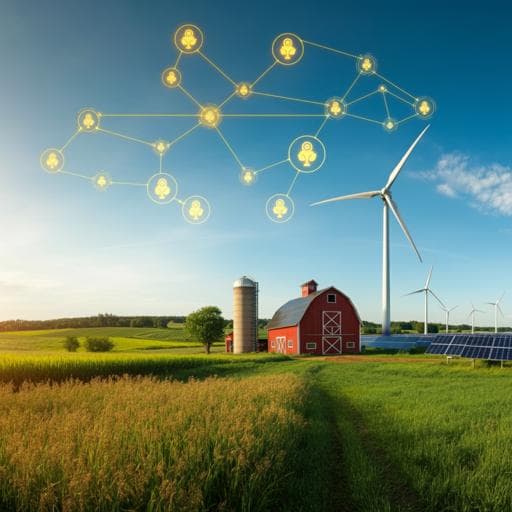
Agriculture
Impact of new media use on farmers' willingness to use clean energy: the role of topography and agricultural income
S. Yin, S. Han, et al.
Discover how new media use, media trust, and ecological cognition play pivotal roles in farmers' willingness to adopt clean energy in Northern China. This groundbreaking research by Shi Yin, Shuai Han, Yijie Liu, and Yilin Wang unveils the complex interactions that could shape sustainable agricultural practices.
Related Publications
Explore these studies to deepen your understanding of the subject.







